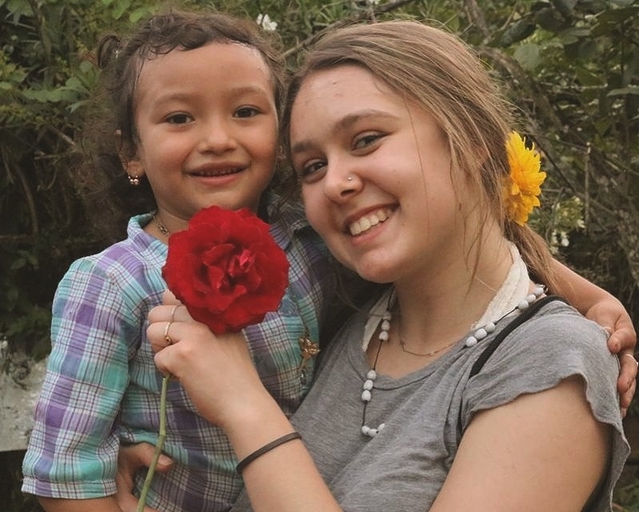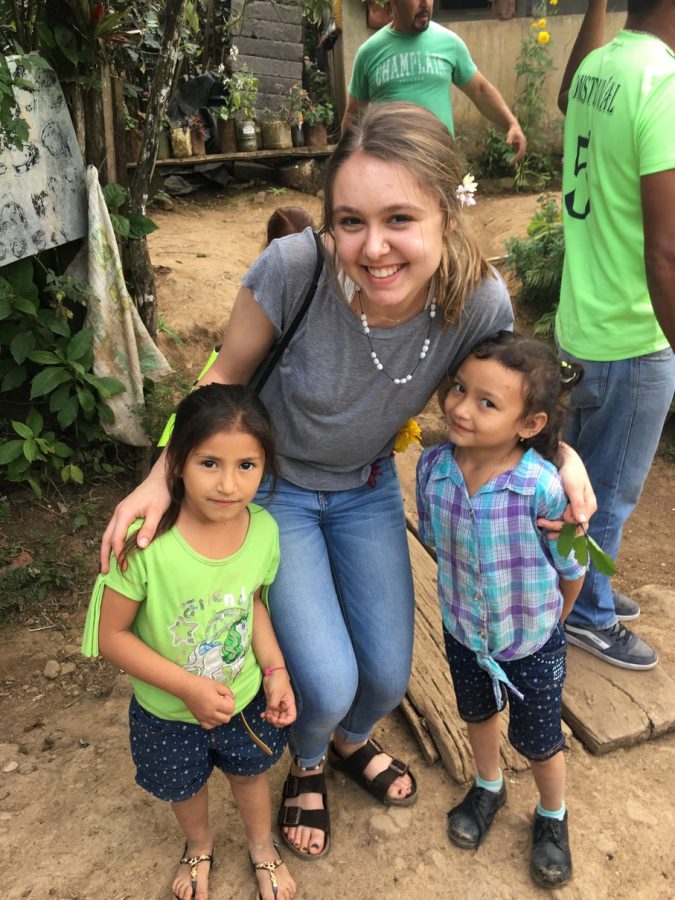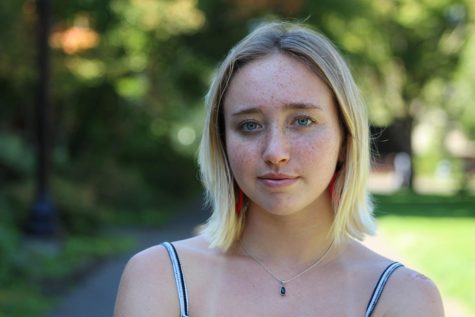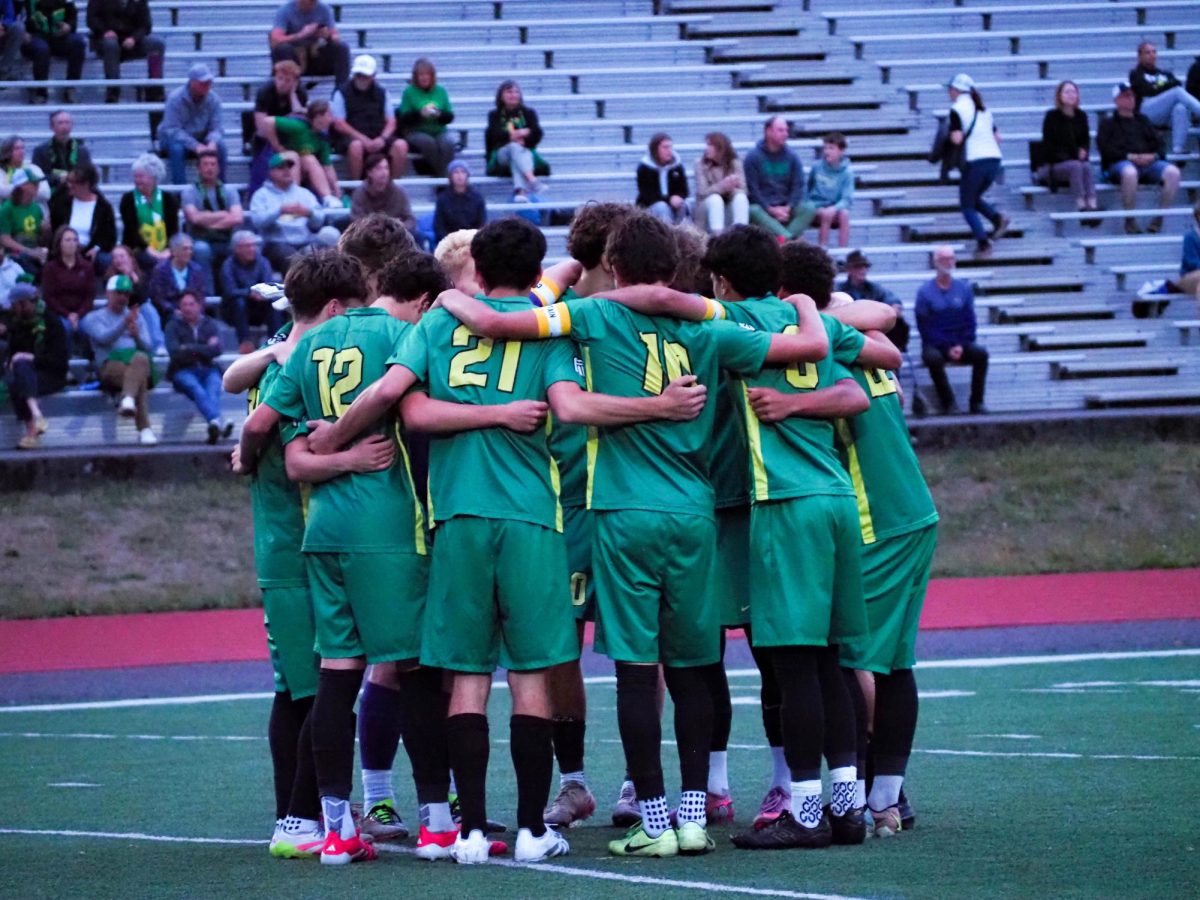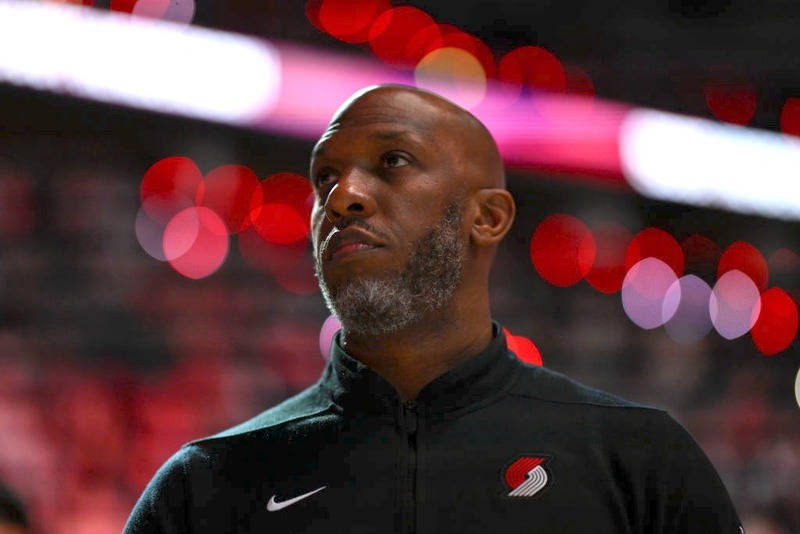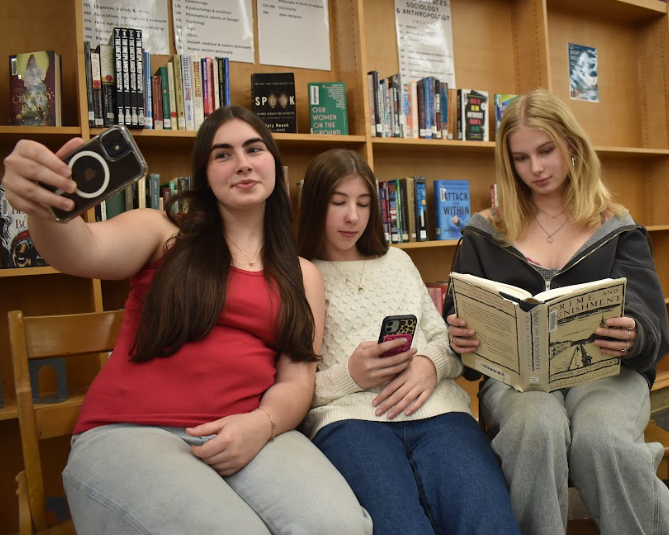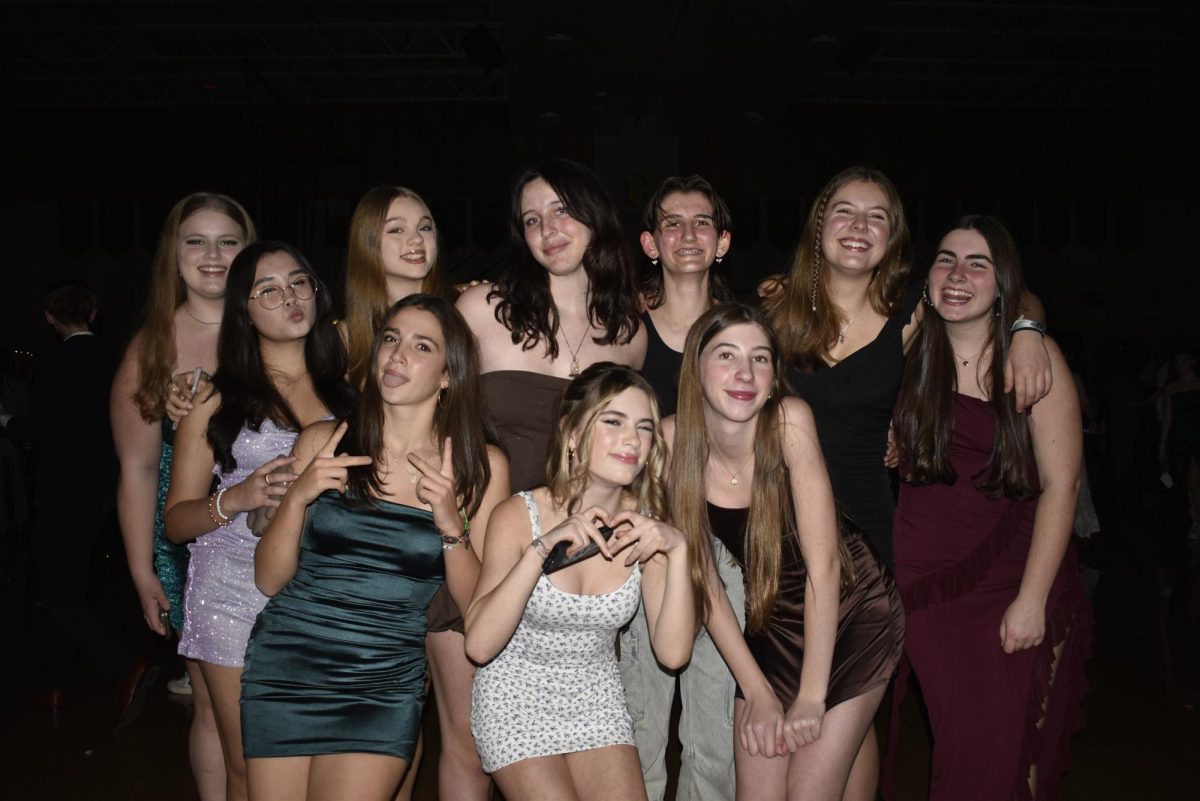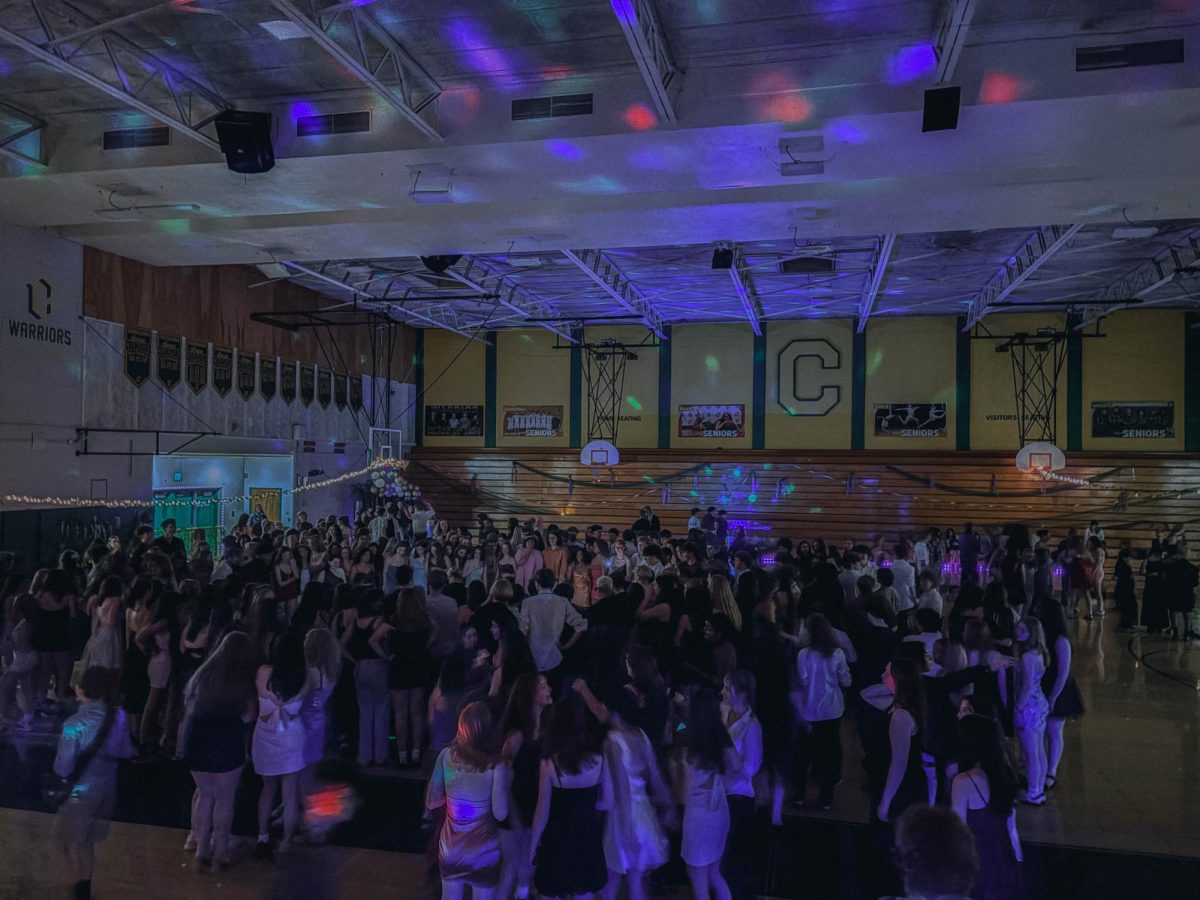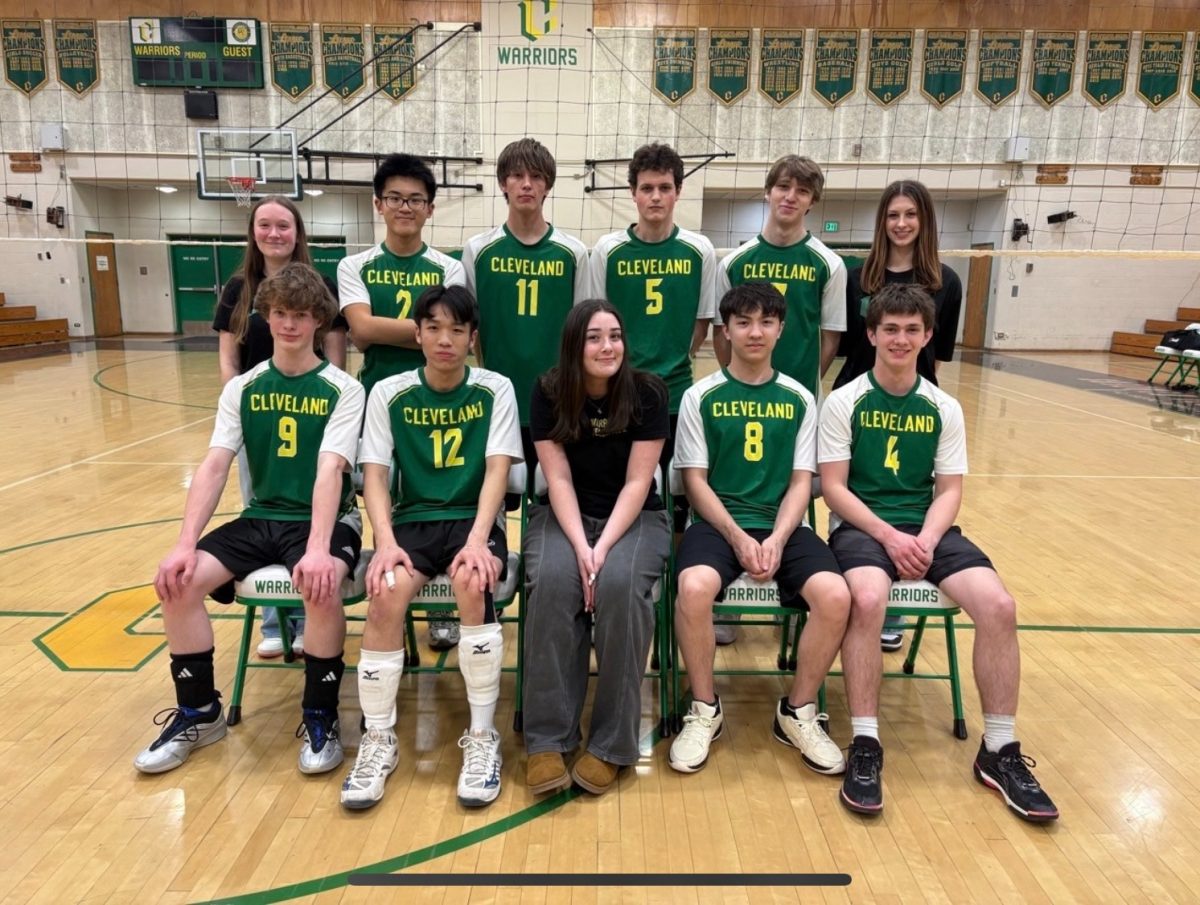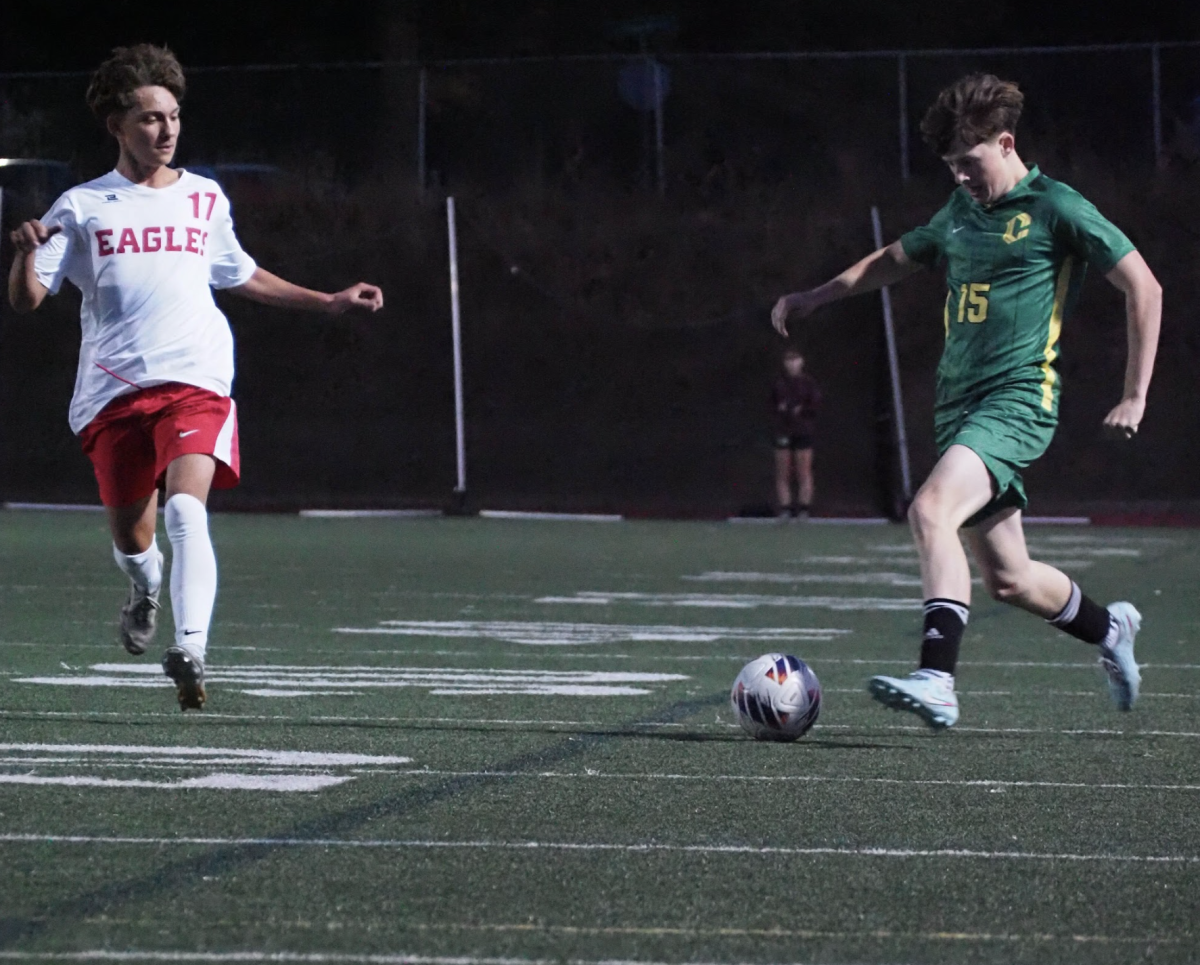100 Warriors: Mia Johnson Makes a Difference Around the World
Clarion photo Photo provided by Mia Johnson
April 19, 2017
Many high school students chose to spend their spring break with friends, traveling, or catching up on some much needed sleep. However, Mia Johnson, Cleveland sophomore, spent her spring break changing the lives of hundreds of kids in Nicaragua.
On this once in-a-lifetime trip, Mia spent 10 days with an organization called OASC, Oregon Association of Student Councils. They brought 14 hand-selected kids from all around Oregon, as well as four adults who were OASC alums, to Nicaragua. The central idea of the trip was to build classrooms for a school called Quince de Septiembre that was in desperate need of help. The school only contains a handful of classrooms for their approximately 400 students who aspire to achieve an education.
“Since they have so many kids that attend, they have to take shifts to school,” Johnson explained. “Half the kids will go for about three hours in the morning, and half will go in the afternoon, so we’re just working toward improving that education system because their public education isn’t very good. A lot of families, if they can afford it, go to private schools, but not everybody can do that. Even if you go to a public school, there’s a lot of cost and commitment that goes with it, like all the kids wear uniforms and stuff like that.”
The group of students and adults who went along on the trip stayed in a hostel in a town called Matagalpa, and from Monday to Friday, they spent three hours everyday in the morning laying brick and helping with construction to create more classrooms for the school. To get the resources to create a bigger and more stable school, they partnered with an organization called One Dollar for Life (ODFL). Mia held a fundraiser for ODFL at Cleveland before she embarked on the trip where she asked every student to donate a dollar if they to help build the school. Cleveland raised around $500 dollars on its own, but there were many other schools around Oregon who participated in the fundraiser as well.
Working to create a better space for the children to learn was an important aspect of the trip, but connecting with the kids who were going to utilize the space was also a big part of what they were trying to achieve.
“We were there to build the school and we learned a lot of skills like laying brick and stuff like that, but really the more important thing we took away from it was the connections we were making with the people there and the kids,” Johnson described. “People kept saying that you as an individual can’t change the world, but you can change the world of an individual, so that’s kind of what we did. We played with the kids a lot, and that was really great. I felt like I got really close to them.”
The children in the town were really what made the experience so eye-opening as Johnson got to connect with them and experience how they live and act with what they have. Kids would bring Johnson and her friends flowers and shower them with love and kindness. It was hard to say goodbye.
Building part of a school was challenging, so the group always took part of the day to also experience Nicaragua and the culture. They would go to places where people made traditional jewelry, visit plantations, or go on hikes. They got to have an insight to how the people of Nicaragua live and how much it differs from American lifestyle.
“We got to go into a woman’s house that lives up there, and she taught us how she makes tortillas for her family. We got to see how a traditional house is, and it was a lot different than the United States. The kitchen had a dirt floor, and they kind of have the bare minimum there or not even, but people are happier than they are here, because they know that they don’t need things to make them happy,” she recounted.
Johnson also got to look at another school that experiences hardships, especially for the teachers. “I think there’s about 30 kids that come from around, and they’re all different ages, so the teachers try their best. Something that really struck me about that is some of the teachers live seven kilometers away, which is like four miles maybe, and they walk everyday to and from school. A lot of them don’t have running water at their houses and they barely get paid, but they do it because they want a better future for their kids than they’ve had. The sense of community is really strong there.”
Through this experience, Johnson realized how helping and volunteering really makes an impact on the lives of individuals who need the help. Solidarity over charity was a significant value she took away with her from the trip. “It makes you a better person to be giving something to somebody else, but you don’t really get to see the impact and ensure that it’s doing what you want it to do. I think that was really powerful to be working alongside them and getting to see how we were actually helping them and changing their lives. I think I already knew this, but it really struck me this trip that experiences are what help you grow instead of things,” Johnson expressed.
As Mia came home to her reality, she realized how “you don’t really say goodbye in Nicaraguan culture. It’s more of a see-you-later, like we will meet again at some point.” With that in mind, she plans on returning to extend her generosity, and to make sure that what she accomplished will turn the lives of those kids around for the better.



